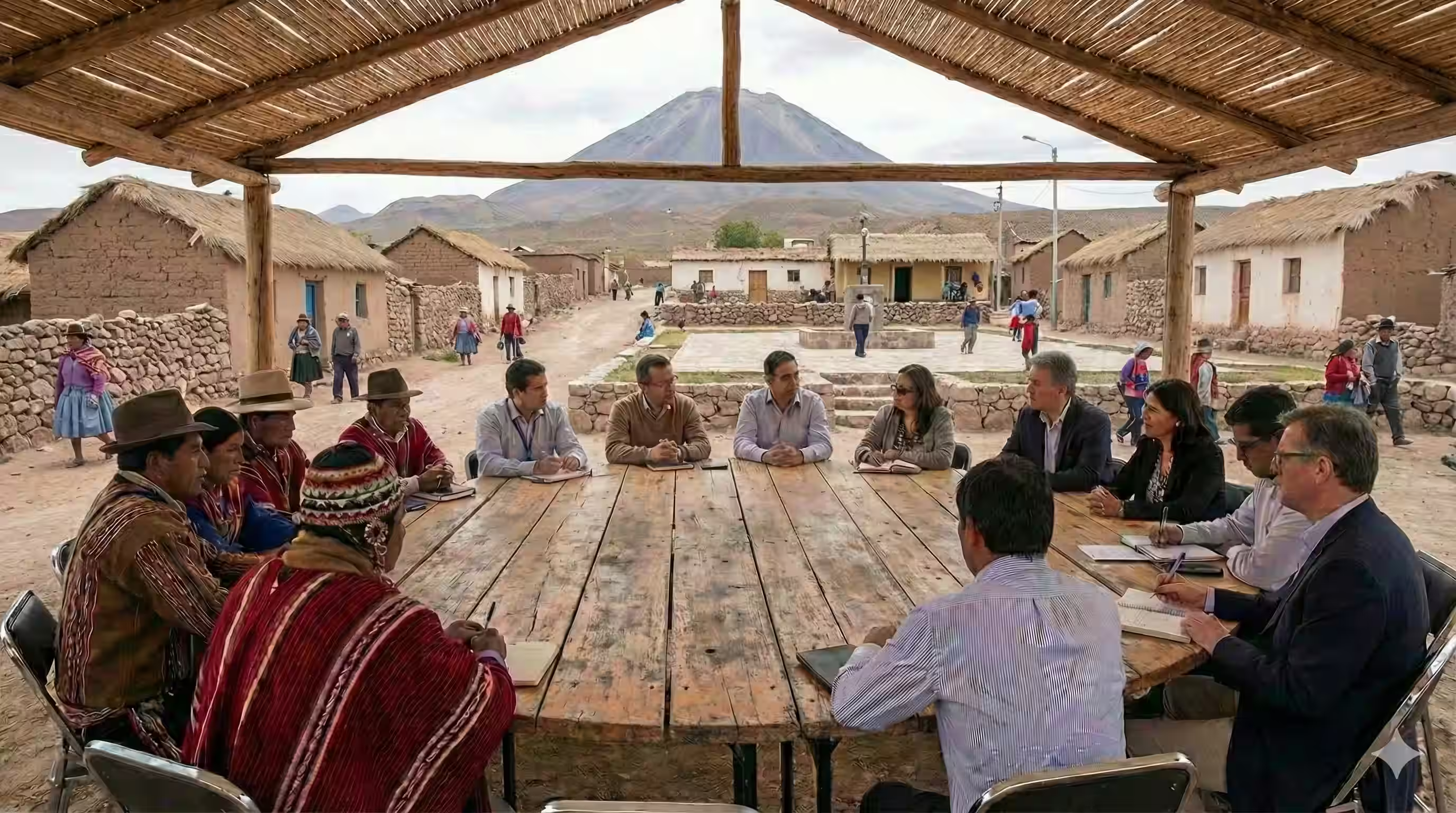Mediation is a form of alternative dispute resolution that involves a neutral third party assisting two or more parties in resolving their conflict. It is a flexible and confidential process that allows parties to communicate their concerns and work towards a mutually acceptable resolution. The following are some of the main aspects of mediation:
Voluntary: Mediation is a voluntary process, meaning that parties have the option to participate or not. They are not compelled to mediate, and they can withdraw from the process at any time. This allows parties to have control over the outcome of their dispute and to have a say in the resolution.
Neutral Third Party: A mediator is a neutral third party who facilitates the communication between the parties. They do not make decisions or impose solutions on the parties, but rather guide the parties towards a mutually acceptable resolution. The mediator does not take sides or advocate for any party, and they maintain impartiality throughout the process.
Confidentiality: Mediation is a confidential process, which means that all discussions and information exchanged during mediation cannot be disclosed to anyone outside of the mediation process. This allows parties to speak freely and openly without fear of the information being used against them in court.
Informality: Mediation is an informal process, and parties are encouraged to express their concerns and interests in their own words. The mediator may use different techniques to help parties communicate effectively, such as active listening, summarizing, and reframing. The informality of mediation also allows for creative and flexible solutions that may not be available through traditional litigation.
Focus on Interests: Mediation focuses on the interests and needs of the parties rather than their legal rights. Parties are encouraged to identify their underlying interests and concerns, and the mediator helps them explore options that meet those needs. This can lead to more satisfying outcomes for both parties, as they are able to address their underlying needs rather than just their legal claims.
Cost-Effective: Mediation is often less expensive than traditional litigation, as it requires fewer resources and can be completed in a shorter amount of time. Additionally, parties may be able to avoid the expense and uncertainty of a trial by reaching a mutually acceptable resolution through mediation.
Non-Binding: Mediation is a non-binding process, meaning that the parties are not obligated to accept the mediator’s proposed solutions. Parties can choose to accept, reject, or modify any proposed solutions. This allows parties to maintain control over the outcome of their dispute and to make informed decisions based on their own interests.
Wrap-up
In conclusion, mediation is a flexible and confidential process that allows parties to communicate their concerns and work towards a mutually acceptable resolution. It is a voluntary process that is facilitated by a neutral third party, and it focuses on the interests and needs of the parties. Mediation is an informal and cost-effective process that allows parties to maintain control over the outcome of their dispute. It is a non-binding process that allows parties to make informed decisions based on their own interests.






